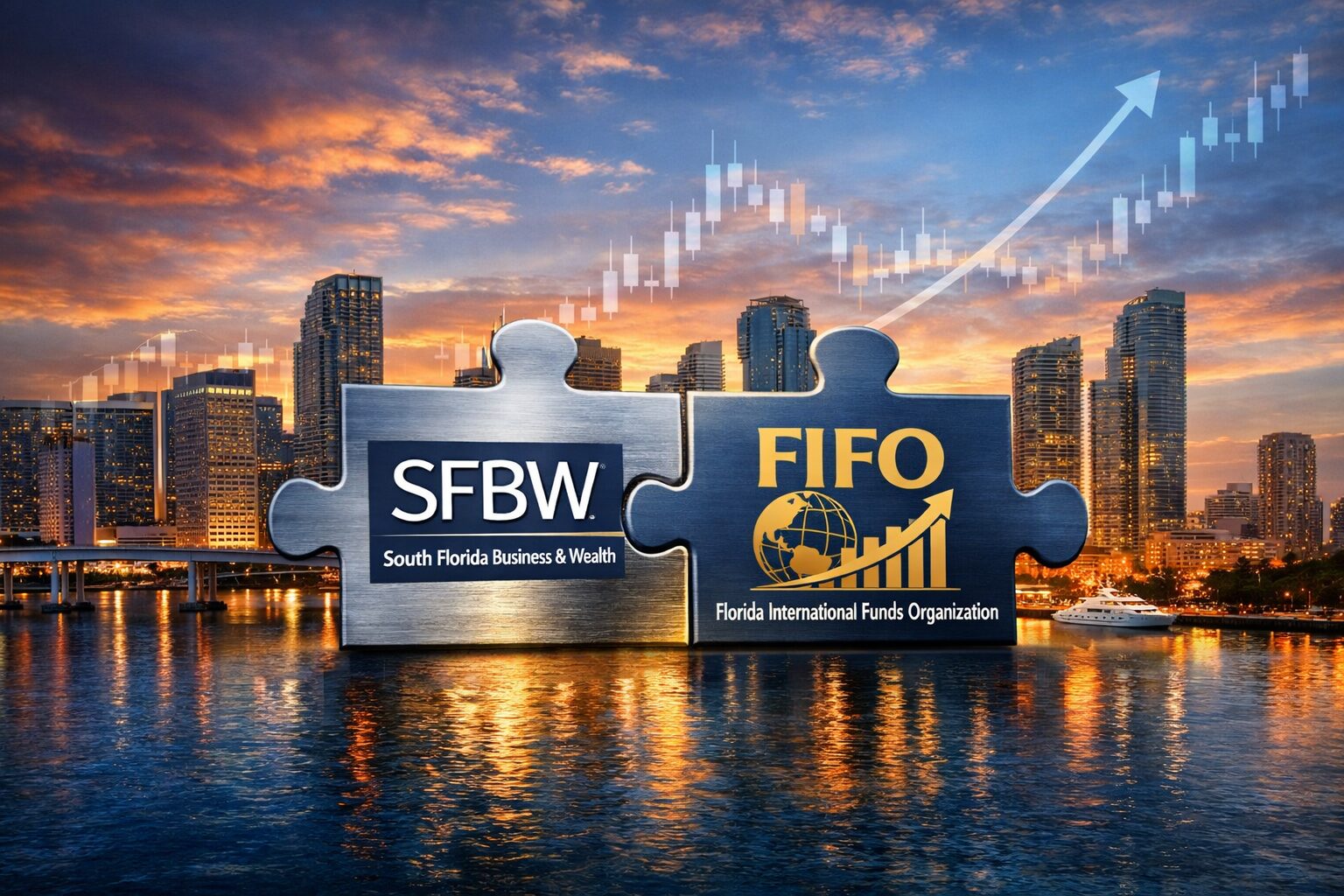First, widen your perspective about how your bank and banker can help your business, advises Angel Medina, president of Gibraltar Private Bank & Trust. “The narrow perspective of choosing a bank thinking only that “I need this checking account” or “I just need to get this thing financed” no longer applies,” he says. “Think strategically and for the long term. Can the banker help you improve your cash flow with the depth and breadth of products? Can the banker help you minimize cost by helping you manage your business?”
Also, consider whether the bank is familiar with your business model and find out if it is doing business with companies that look like yours, Medina suggests. Before selecting a bank, make sure the banker is willing to take the time to get to know your business so that the bank can best help you manage your financial services needs.
“When these concepts come together, they yield a long-term banking relationship that best addresses long-term needs,” Medina adds, noting that conducting interviews of bankers is the most effective way to have your questions answered.
Every bank has a niche; you should bank with the one that directly relates to the business of your company, advises Rick Kuci, president and CEO of Coconut Grove Bank. “Every bank has something they do a really good job at,” he says. “They can’t be all things to all people.”
Expertise in the industry in which your business operates is particularly key within a financing context, says Dennis G. Bedley, chairman and CEO of Legacy Bank of Florida. “Bankers are all risk averse, but have different appetites for risk – often based on their knowledge of a particular industry,” he says. “It’s important to work with one that understands yours, especially when seeking financing.”
You should also know where the bank makes decisions about financing and how quickly it makes them, as well as the bank’s appetite for lending and doing business with companies such as yours, suggests Donald B. Putnam, chief lending officer and executive vice president of Coconut Grove Bank. Note the bank’s lending thresholds and your direct access to loan decision-makers.
“You are a person, not a number to the right bank,” Putnam says. “Your banker should take the time to get to know you and your business and act more as a financial advisor along the way. You might not always like the answer we give you, but chances are good that you will thank us later.”
The relationship you have with your banker should mean that you have someone to call when you need quick answers and solutions, says David Seleski, president and CEO of Stonegate Bank. “Remember that your time is money,” he says. “Your banker should be someone who has been in the industry for a while and is knowledgeable about your business and banking options. Your banker should take the time to listen, understand your needs and offer solutions.”
Having access to state-of-the-art technology and people who can help solve any banking issues that arise 24/7 is key to having a successful relationship with the right banker and bank, says Thomas te Riele, South Florida market president of TD Bank.
�You should have access to your banker in any way that you choose: in-person, on the Internet and/or by phone. And you should have access to your banking relationship managers day-in and day-out,” he says. “Make sure that the decision-makers you need are local to your market and specialize in the business you do. Good banks recognize that areas differ geographically and businesses differ by specialization.”
Good bankers don’t sit back and wait for your phone call, emphasizes Jorge Gonzalez, president and CEO of City National Bank of Florida. “People bank with people, not banks,” he says. “Good bankers are continually reaching out to you to learn about your business and how they can help you. Anyone can sit back and wait for a phone call, but few offer the real value proposition of being proactive on your behalf.”
The right banker is also more than just proactive, emphasizes F. Gerard Litrento, senior executive vice president, retail business and banking, for BankUnited.
“Banks all line up looking for
business relationships. The one in front is going to be the one that not only understands your business, but serves as your advocate at the bank as well,” he says. “In a loan context, this is the banker who can expertly make your case to loan committees and have your decisions made quicker.” He suggests asking the banker you are considering for client references who can attest to the level of service you expect from the bank.
Litrento also notes that the right bank is a healthy one – one that is financially strong. “Do your homework,” he says. “It’s worth the time.” ?
Bank Basics
Use these sources when researching the financial strength of banks with which you are considering doing business:
BauerFinancial Ratings bauerfinancial.com
Moody’s Investor Services Ratings
moodysanalytics.com
SNL Financial Bank Ratings snl.com
Helpful Benchmarks
Leverage Ratio
Total Risk-Based Capital Ratio
Total Equity Capital
Source: BankUnited














